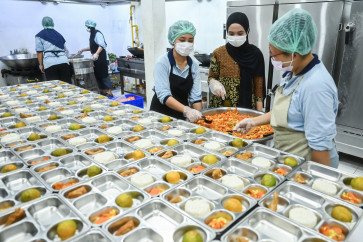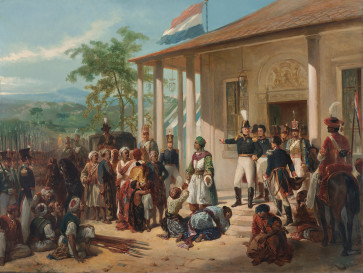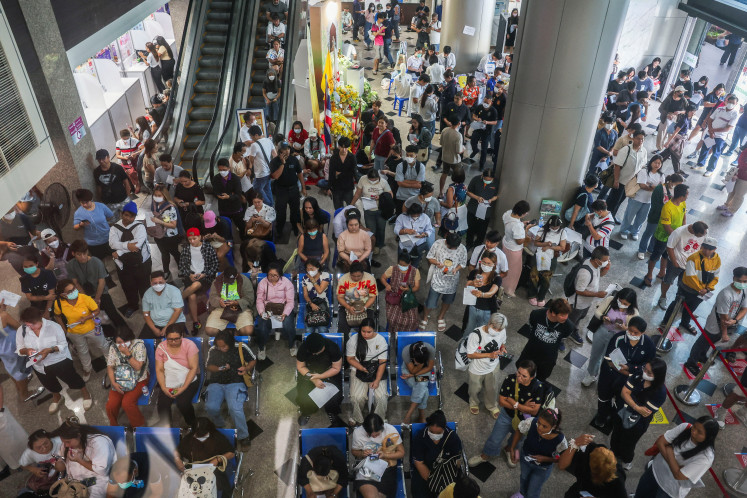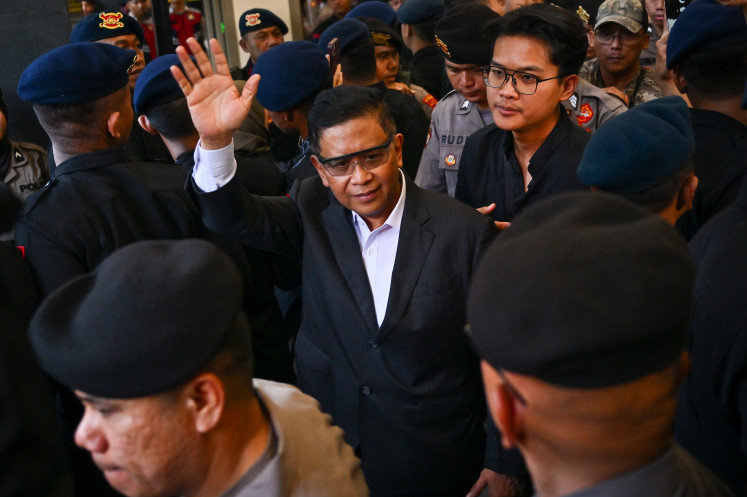Popular Reads
Top Results
Can't find what you're looking for?
View all search resultsPopular Reads
Top Results
Can't find what you're looking for?
View all search resultsGovt ‘not doing enough to boost exports’
The government has yet to maximize its effort to explore potential overseas markets despite its current focus on the role of local businesses in boosting the production of value-added products, analysts have said separately
Change text size
Gift Premium Articles
to Anyone
T
he government has yet to maximize its effort to explore potential overseas markets despite its current focus on the role of local businesses in boosting the production of value-added products, analysts have said separately.
Titik Anas, a researcher at the Centre for Strategic and International Studies, said on Friday that the government’s recent attempt to expand value-added products would not necessarily increase the country’s exports in the future without “an effort to pursue new export destinations”.
“Take a look at the mining business. While the government has announced that it would oblige local miners to build smelting plants, it does not bother to find the overseas market for them. Instead, the government leaves the task to the private firms,” she said.
Under the 2009 Mineral and Coal Law and an Energy and Mineral Resources Ministry regulation issued in May, the government bans exports of unprocessed mineral ores. With the ban, which will go into effect in 2014, mining companies will have to process their mineral ores in the country before exporting them.
In addition, the government has also supported increasing the export of domestically processed products such as crude palm oil, of which Indonesia is currently the world’s largest producer.
Separately, Aviliani, an economist at the Jakarta-based Institute for the Development of Economics and Finance (INDEF), criticized the role of the National Agency for Export Development (BPEN) under the Trade Ministry, saying the bureau “has been lacking efforts to follow up on new export destinations”.
“All this time, BPEN has merely been focusing on holding exhibitions abroad without any follow-up with potential buyers. The government should maximize the commercial attaché in its respective embassies to do the job,” she told The Jakarta Post over the phone.
Aviliani added that the government should determine industries in which Indonesia had a competitive advantage, paying particular interest to industries in which the country had plenty of raw materials that were desired by other countries.
She cited the country’s palm oil, rubber and paper sectors as examples.
“Currently, our traditional market mainly includes China and Southeast Asian countries. The Trade Ministry should maximize its effort to increase Indonesia’s market in East Asia and the Middle East,” she said.
Meanwhile, Standard Chartered senior economist Fauzi Ichsan said that in a free-trade world, with the modern communication systems, global buyers would spot sellers in any country as long as their products were competitive.
“What the government should do is to massively improve infrastructure so that exporters can cut production costs,” he said in a text-message sent to the Post.
He added that, given that global economic growth was expected to fall from 3.9 percent in 2011 to 2.6 percent this year as well as slowing growth rates of BRIC countries — Brazil, Russia, India and China — the current global export market was “generally weakening”. (asa)










